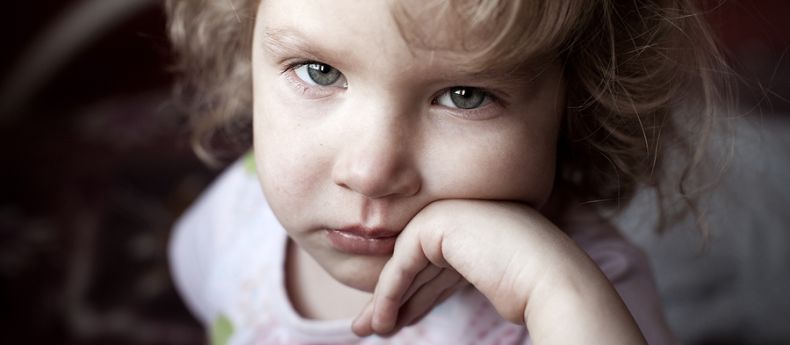
Coping with Disaster
On March 8, 2014, Malaysian Airlines flight MH370 disappeared from radar screens en route from Kuala Lumpur to Beijing. On board were 239 passengers and crew, 154 of whom were Chinese. When a tragedy such as this strikes, its impact can be sudden, severe, and disorienting even to those who were not directly affected, and especially to children. Children seek security and safety from adults, and it’s difficult when they are faced with the reality that there are some things even adults cannot prevent from happening.
It’s often hard when it comes to addressing such difficult issues with children, especially since we as adults may also have a hard time dealing with sudden and tragic loss. However, we should not avoid the issue. Often, parents are tempted to deny the reality of death, pain, or tragedy to children, but this can lead to more complicated consequences in the long run. Children are going to know that something tragic has happened, especially with regard to an event on the scale such as the MH370 flight disappearance. It is best to allow children an opportunity to express their feelings, ask their questions, and feel that doing so is totally normal and appropriate. As adults, our role is to listen and let children know that we are here to help them with their feelings and questions.
When children discuss tragic events, it’s important to honestly acknowledge the tragedy that has happened and the death that has occurred, but also to focus attention on the good aspects that may come out of the event, such as the people who helped, selfless acts of sacrifice, or points of safety. Sometimes we focus on the tragedy of an event (and rightly so), but there may be many stories of love, sacrifice, and people helping that also deserve attention, especially to children.
It may also be important to limit the amount of exposure that children are getting to constant discussion about a tragic topic in the media. Allow children to be children—to hear what has happened, but also to have a break and play and draw and do the things that children do. It’s
especially important to keep children from being exposed to excessive visual images related to tragedies.
When it comes to addressing painful and difficult topics with children, keep these tips in mind:
- DO let children know that whatever questions or feelings they have are perfectly natural.
- DO allow children to ask any questions or express any feelings that they have. Also, allow them to have no feelings and no questions, if that is the case. Give them the time and space to process their own feelings in their own time.
- DO give children an alternative means of expressing their feelings, other than using words. Perhaps they would prefer to draw a picture that represents how they feel, or their reaction to the event.
- DO allow children to ask questions related to spirituality or religion during difficult times, and be open to how they may use spirituality to address the difficult questions that arise after a tragedy.
- DO focus attention on people who helped during the tragic event, or other positive aspects of humanity that may also be present in a tragic situation.
- DO look for signs that children may need additional support. If children exhibit sleep disturbances, excessive anxiety, mood swings, disturbance in appetite, or sudden changes in temper, refer to a qualified mental health professional or talk with your pediatrician or family physician.
- Do NOT make it sound like you are avoiding discussing the topic. Provide an answer you think they will understand that is appropriate to their developmental level. If you don’t know the answer to their question, say so.
- Do NOT make up stories to explain phenomenon, or lie about what happened.
- Do NOT expose children to images of tragedies, or allow them to be exposed to a constant stream of information about the tragedy, such as through the news or internet.
- Do NOT hide your own feelings from children. If you are grieving yourself, allow children to see your emotion, as children take their cues on how to respond appropriately to situations from the adults around them. However, it’s important not to give your child the idea that they are responsible for making you happier or lifting your mood.
Copyright United Family Healthcare 2014 All right reserved - 京卫网审[2014]第1927号 - 京ICP备13017554号-4
深圳新风和睦家医院 广审号:粤(B)广[2024]第09-10-1049号

